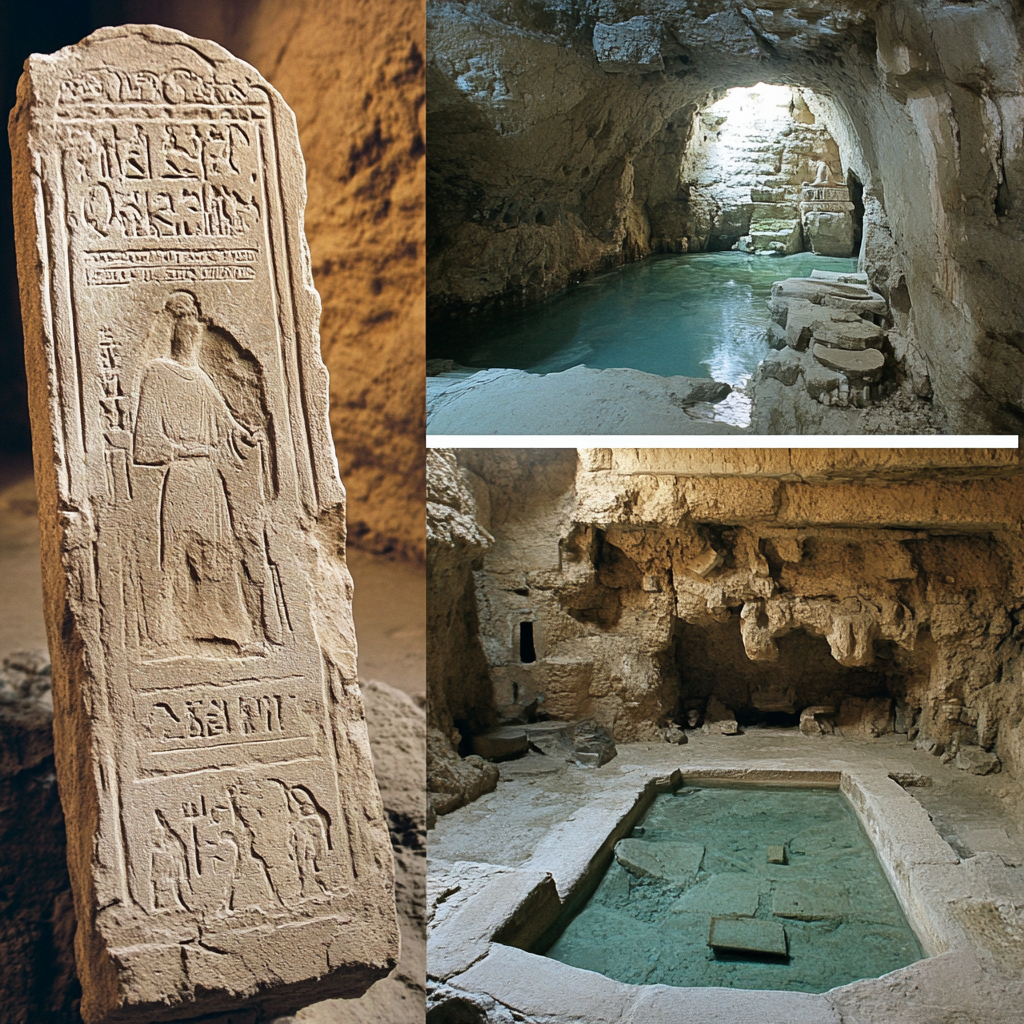Is the Bible fiction?
I bet you’ve wondered the same thing. You may have asked if the Bible is a collection of myths and legends or contains genuine truth.
The good news?
You don’t have to rely on assumptions or online soundbites.
This article will guide you through compelling historical evidence, rich literary insights, and expert commentary to help you find the truth for yourself.
But first, let’s define what fiction is.
Contents
What Do We Mean When We Refer to Something as “Fiction”?
Fiction, according to the Oxford Dictionary, is:
“Literature in the form of prose, especially novels, that describes imaginary events and people.”
For example:
- Novels
- Myths
- Parables.
- tales
Writers create these stories to be fun, engaging, or motivating, but don’t always base them on real events.
Nonfiction, on the other hand, presents works based on facts, such as:
- Biographies
- Historical records
- Scientific reports
So, is the Bible fiction? Or is it nonfiction?
What is the Bible Classified As?
Scholars agree that the Bible uses varied literary techniques, but that doesn’t mean it’s fictional. It’s a library of 66 books written over 1,500+ years, and includes:
- Historical narrative (e.g., 1 & 2 Kings, Luke)
- Poetry and wisdom literature (e.g., Psalms, Proverbs)
- Prophecy and apocalyptic writing (e.g., Isaiah, Revelation)
- Parables and allegory (e.g., Jesus’ teachings in the Gospels)
- Letters (epistles) grounded in specific times and places (e.g., Romans, Corinthians)
While parts of it use symbolic language, it often does so to express truths, not to fabricate them.
Jesus Used Fictional Stories to Teach Truths
Jesus frequently used parables, short fictional stories with profound spiritual lessons. These parables didn’t aim to deceive; they aimed to reveal the truth.
Jesus spoke all these things to the crowd in parables; he did not say anything to them without using a parable.” —Matthew 13:34 (NIV)
These were fictional stories with real-life applications, used to challenge, comfort, and convict.
So, if the Bible contains factual and fictional stories, is the Bible historically accurate?
Is the Bible Historically Accurate? What Archaeologists and Historians Say
We’ve seen that the Bible isn’t just one genre. And that some of its fictional stories serve spiritual purposes,
But does history back up its bigger claims?
If the Bible were pure fiction, we’d expect little to no connection with real people, places, or events, right?
That’s not what we find.
Archaeological Evidence that Supports the Bible
Archaeologists have made dozens of discoveries over the last century that confirm biblical places and figures, particularly those from the Old Testament. Notable Findings are:
- The Tel Dan Stele (9th century BC) confirms the historical existence of King David—mentions the “House of David.” It was found in northern Israel in 1993. Source: Biblical Archaeology Society
- Pontius Pilate Inscription (1st century AD) confirms the existence of Pontius Pilate, the Roman governor who sentenced Jesus. It was discovered in 1961 in Caesarea Maritima. Source: Smithsonian Magazine
What Historians Say
Dr. William F. Albright, a renowned archaeologist who was once skeptical about the Bible’s accuracy, eventually changed his view. After years of research, he concluded:
“There can be no doubt that archaeology has confirmed the substantial historicity of the Old Testament tradition.”
Source: Bible Archaeology Report
And he wasn’t alone. Dr. John McRay, a respected archaeologist and professor, also weighed in with compelling insights:
“The Bible is not a history book, but its historical statements are consistently reliable.”
So, archaeology confirms that many of the Bible’s people and places were real.
But what about the way it tells its stories? Is it trying to record history or teach something deeper?
The Bible’s Genres: Where Do the Stories in the Bible Come From?
Even with historical evidence supporting many parts of the Bible, another layer remains to explore: how it tells its stories.
Is its style more like a historical record, a mythological narrative, or something else?
The truth?
It’s a little of each but with a purpose far deeper than fiction.
Storytelling: A Tool for Spiritual Formation
The Bible doesn’t just report events; it shapes meaning.
From Genesis to Revelation, it uses storytelling to highlight key truths about God, humanity, and salvation.
Let’s look at a few examples:
- Genesis 1–2: Uses poetic symmetry and repetition (“And God said… and it was so…”) not to deliver a scientific report but to frame God as Creator and humanity as image-bearers.
- The Gospels: Though written decades after Jesus’ resurrection, they show remarkable consistency in chronology and geography. They include specific cities, cultural references, and legal and political structures (e.g., Roman governance).
In his book The Bible Tells Me So, Dr. Peter Enns writes:
“Over the years I’ve grown more and more convinced that ‘storytelling’ is a better way of understanding what the Bible is doing with the past than ‘history writing.'”
— Peter Enns, The Bible Tells Me So
Storytelling, then, serves as a deliberate theological centerpiece.
Scholars Who View the Bible as Sacred but Symbolic
Some biblical scholars acknowledge the Bible’s symbolic and literary richness while affirming its spiritual authority.
For Example, Rob Bell, former pastor and author, said:
“The Bible is a library of books reflecting how human beings have understood the divine.”
— Rob Bell, What Is the Bible?
Rob Bell didn’t call the Bible “fiction” in a dismissive sense. Instead, he emphasized that symbols, metaphors, and stories can tell the truth.
Scholars Who Argue the Bible Is Fiction
However, skeptical scholars and secular commentators frequently claim that the Bible is primarily mythological, with roots in earlier religious traditions.
In The God Delusion, Dawkins asserts:
“The Bible should be taught, but emphatically not as reality. It is fiction, myth, poetry, anything but reality. As such it needs to be taught because it underlies so much of our literature and our culture.
Their arguments often point to:
- Contradictions between Gospel accounts
- Miraculous events as implausible
- Lack of early manuscript uniformity
But, Christian apologists and theologians counter these critiques by pointing to:
- Archaeological support
- Consistent theological themes across centuries
- The Bible’s transformative power in millions of lives.
Thus, many Christians make the important point that the Bible’s main message is not made-up stories or poetry but historical and spiritual truth.
So, Is the Bible Fiction?
After exploring its literary structure, historical evidence, and scholarly interpretations, one thing is clear:
The Bible doesn’t fit neatly into our modern categories of “fiction” or “nonfiction.”
The Bible’s purpose goes beyond facts or fiction. It speaks to something deeper: truth with a capital T, the kind that shapes identity, purpose, and eternity.
It was written not simply to inform you but to transform you. The Bible isn’t just a book to believe in; it’s a story meant to be believed in.







